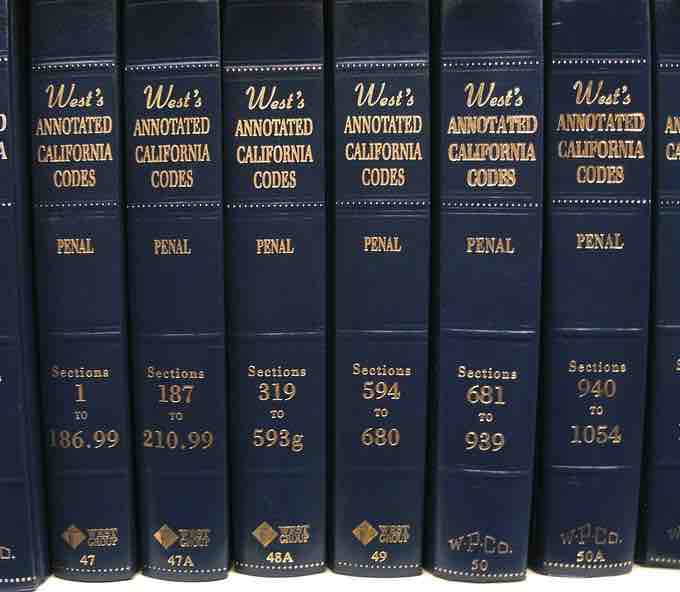Background
Criminal law is the body of law that relates to crime. It is the body of rules that defines conduct that is not allowed because it is held to threaten, harm or endanger the safety and welfare of people. Criminal law also sets out the punishment to be imposed on people who do not obey these laws. Criminal law differs from civil law, whose emphasis is more on dispute resolution than in punishment.
Civil law is the branch of law dealing with disputes between individuals or organizations, in which compensation may be awarded to the victim. For instance, if a car crash victim claims damages against the driver for loss or injury sustained in an accident, this will be a civil law case. Civil law differs from criminal law, which emphasizes punishment rather than dispute resolution. The law relating to civil wrongs and quasi-contract is part of civil law.
Civil Law Versus Criminal Law
The objectives of civil law are different from other types of law. In civil law there is the attempt to right a wrong, honor an agreement, or settle a dispute. If there is a victim, they get compensation, and the person who is the cause of the wrong pays, this being a civilized form of, or legal alternative to, revenge. If it is a matter of equity, there often exists a pie for division and a process of civil law which allocates it. In public law the objective is usually deterrence and retribution.
An action in criminal law does not necessarily preclude an action in civil law in common law countries, and may provide a mechanism for compensation to the victims of crime. Such a situation occurred when O.J. Simpson was ordered to pay damages for wrongful death after being acquitted of the criminal charge of murder.
Criminal law involves the prosecution by the state of wrongful acts, which are considered to be so serious that they are a breach of the sovereign's peace (and cannot be deterred or remedied by mere lawsuits between private parties). Generally, crimes can result in incarceration, but torts (see below) cannot. The majority of the crimes committed in the United States are prosecuted and punished at the state level. Federal criminal law focuses on areas specifically relevant to the federal government like evading payment of federal income tax, mail theft, or physical attacks on federal officials, as well as interstate crimes like drug trafficking and wire fraud.
All states have somewhat similar laws in regard to "higher crimes" (or felonies), such as murder and rape, although penalties for these crimes may vary from state to state. Capital punishment is permitted in some states but not others. Three strikes laws in certain states impose harsh penalties on repeat offenders.
Some states distinguish between two levels: felonies and misdemeanors (minor crimes). Generally, most felony convictions result in lengthy prison sentences as well as subsequent probation, large fines, and orders to pay restitution directly to victims; while misdemeanors may lead to a year or less in jail and a substantial fine. To simplify the prosecution of traffic violations and other relatively minor crimes, some states have added a third level, infractions. These may result in fines and sometimes the loss of one's driver's license, but no jail time.
For public welfare offenses where the state is punishing merely risky (as opposed to injurious) behavior, there is significant diversity across the various states. For example, punishments for drunk driving varied greatly prior to 1990. State laws dealing with drug crimes still vary widely, with some states treating possession of small amounts of drugs as a misdemeanor offense or as a medical issue and others categorizing the same offense as a serious felony.
The law of most of the states is based on the common law of England; the notable exception is Louisiana. Much of Louisiana law is derived from French and Spanish civil law, which stems from its history as a colony of both France and Spain. Puerto Rico, a former Spanish colony, is also a civil law jurisdiction of the United States. However, the criminal law of both jurisdictions has been necessarily modified by common law influences and the supremacy of the federal Constitution. Many states in the southwest that were originally Mexican territory have inherited several unique features from the civil law that governed when they were part of Mexico. These states include Arizona, California , Nevada, New Mexico, and Texas.

California Penal Code
The California Penal Code, the codification of criminal law and procedure in the U.S. state of California.